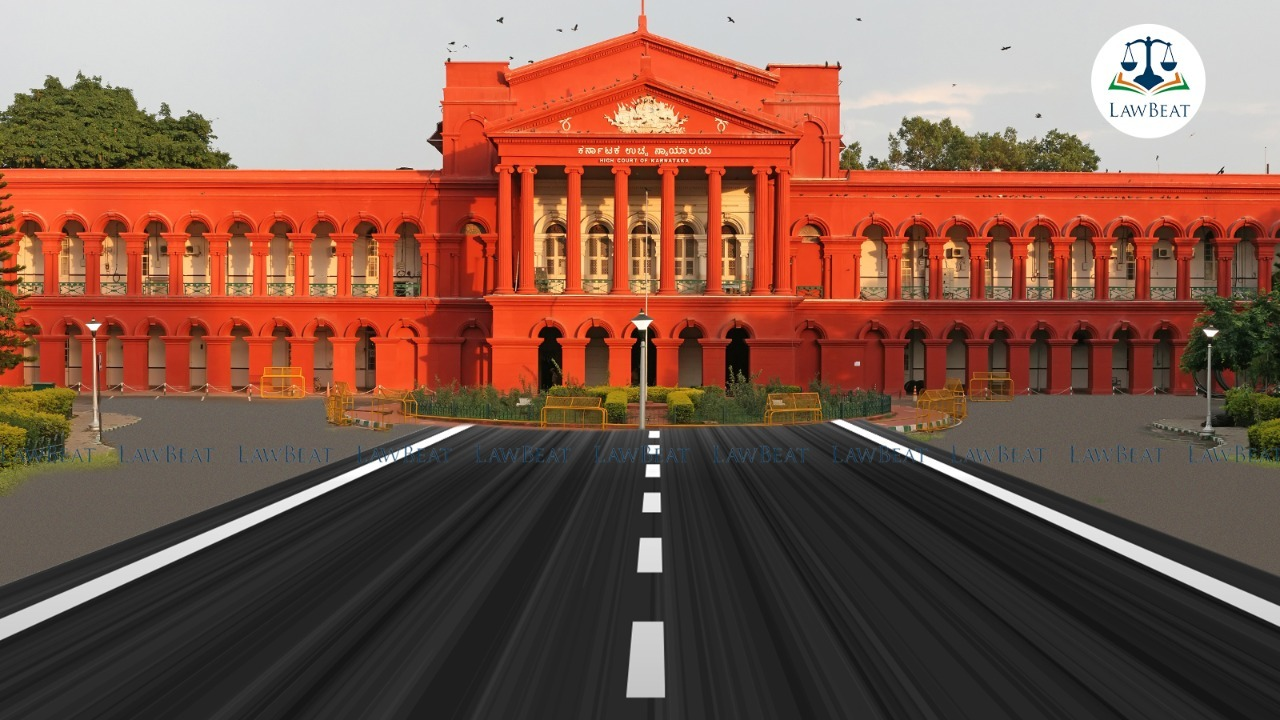Karnataka HC pulls up State Govt for political interference in allotment of public properties

The single-judge bench quashed the orders granting the lease of the land in favor of an individual and directed the State government to stop issuing allotment orders of public properties as a result of favoritism or political interference.
The Karnataka High Court pulled up the State government for showing favoritism or political interference in the allotment of public properties.
Justice M Nagaprasanna observed that it is trite to lease public property only through public auction/tender, failing which it becomes an arbitrary exercise of power and that it cannot be bartered away at the whim and fancy of interested persons without even the public coming to know the availability of such property.
In the present case, the petitioner Chandra Suvarna and one of the respondents Santosh V Saliana were applicants for a grant of a lease on land at Fish Conservation Centre, Malpe, Udupi established for Ice Unit/Cold storage of fish. Both applications were considered and rejected as the land was to be allotted only by way of public auction.
After their applications were rejected, both approached Karnataka Members of Legislative Assemblies (MLAs). Lalaji R.Menden (MLA) communicated to the Joint Director of Fisheries, Udupi to direct the allotment of land in favor of Santosh V. Saliana (respondent no.4) as a special case. Another communication was sent to the department by K.Raghupathi Bhat (MLA) directing the lease to be granted for 10 years.
Resultantly, after the two communications from the Bhartiya Janta Party (BJP) MLAs, the Joint Director of Fisheries issued an official memorandum granting the land lease for 10 years in favor of Santosh V. Saliana (respondent no.4).
The court noted, “The irony in the case at hand is the competent authority has already rejected the applications of both the petitioner and the 4th respondent holding that allotment would be only by way of public auction. Notwithstanding this, the impugned order comes about purely on political interference.”
The single-judge bench opined that political interference of any kind in public administration would put such administration in peril and said, “The application that has come to be rejected is immediately processed and allotted to the 4th respondent only because the same has been recommended for such allotment as a special case. Where the special case would spring in, is unknown. It cannot have any backing in law. The case which is directed to be considered as a special case is, on the face of it, arbitrary as it takes away the right of participation by others.”
“It needs no emphasis that the State is governed by ‘rule of law’ and not by ‘rule of men’. A few men at the helm of affairs or the powers that be, cannot be seen to act in a manner that would thwart the rule of law and generate a concept “you show me the person; I will tell you the law”. This Court would not permit the State Government to act in a partisan manner in favor of any applicant”, the court observed.
Furthermore, the court stated that a variety of public properties are available for lease to entrepreneurs and such lands should be granted consistently. Such uniformity can only be achieved if there is transparency in procedure; transparency in procedure can only be achieved if the properties are put up for public auction and every citizen is allowed to participate in the auction, the court said.
While quashing the order allotting the lease of land to Santosh V. Saliana, the court held, “This case would form the last straw of admonishing the State for bartering away public property at its whim and fancy. Any such iteration would, without doubt, be viewed seriously, as such actions cannot bear any sanction under any law. Rule of law is insurmountable”.
Accordingly, the court directed the State government to stop issuing allotment orders of public properties, as special cases, as a product of favoritism or political interference and directed them to be alloted by way of public auction. Furthermore, the court directed the Registry to communicate the same to the Chief Secretary, Government of Karnataka.
Case Title: Chandra Suvarna v. State of Karnataka & Ors.
